Why is a generator called a genset?
In the power generation industry, you'll frequently encounter two terms that are often used interchangeably but have distinct technical meanings: "generator" and "genset." While many people use these words synonymously, understanding the precise difference between genset and generator is crucial when specifying, purchasing, or maintaining power equipment. This terminology distinction isn't just semantic—it reflects important technical differences that impact equipment capabilities, installation requirements, and operational functionality. The fundamental difference between genset and generator lies in their composition and readiness for operation, which directly affects their application suitability and total cost of ownership.
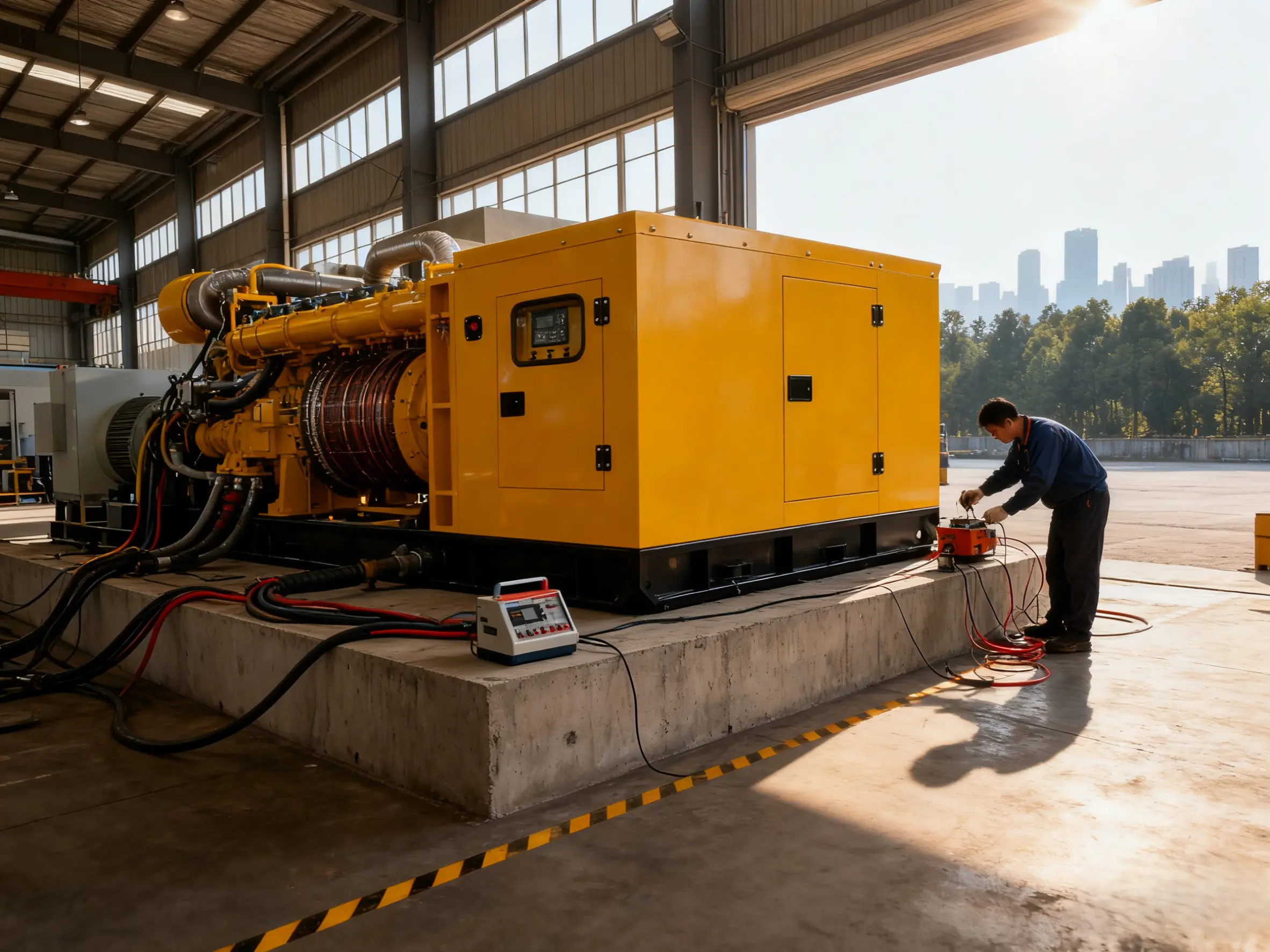
Terminology Breakdown
To understand why a generator is called a genset, we need to examine the etymology and technical definitions of both terms:
Generator: This term specifically refers to the electrical component that converts mechanical energy into electrical energy through electromagnetic induction. In isolation, a generator is just the alternator unit that produces electricity when rotated.
Genset: Short for "generator set," this term describes a complete, integrated power system that includes both an engine and a generator, along with all necessary components to function as a self-contained power source.
The key difference between genset and generator is therefore one of scope—a generator is a component, while a genset is a complete system ready for operation.
Component Comparison
The distinction becomes clearer when we examine what each term encompasses:
Generator Components:
Stator (stationary windings)
Rotor (rotating windings/magnets)
Bearings and shaft
Terminal box for electrical connections
Genset Components:
Engine (diesel, gasoline, or natural gas)
Generator/alternator
Fuel system
Cooling system
Exhaust system
Control panel and monitoring systems
Base frame and vibration isolators
Automatic Transfer Switch (ATS) in many cases
This comprehensive integration represents the core difference between genset and generator—a genset includes everything needed to produce usable power, while a generator requires external systems to function.
Historical Context
The evolution of these terms reflects technological and market developments:
Early Power Generation: Initially, engines and generators were often sourced separately and integrated on-site by engineers and technicians. This required custom engineering for each installation.
Standardization Movement: As electrical power became more widespread, manufacturers began offering pre-engineered, factory-tested combinations of engines and generators.
Terminology Evolution: The term "generator set" or "genset" emerged to describe these pre-packaged, ready-to-operate units that eliminated custom engineering requirements.
Modern Usage: Today, "genset" specifically denotes these integrated systems, while "generator" may refer either to the electrical component or be used colloquially to describe complete systems.
Understanding this historical context helps clarify why the precise difference between genset and generator matters in technical specifications and procurement documents.
Practical Implications
The distinction between these terms has significant practical consequences for users:
Procurement Considerations:
Specifying a "generator" might result in receiving only the electrical generating component.
Specifying a "genset" ensures delivery of a complete power system ready for operation.
Installation Requirements:
A generator requires integration with a separate engine and supporting systems.
A genset arrives as a pre-engineered solution with minimal installation requirements.
Warranty and Support:
Generator-only purchases may involve multiple manufacturers for different components.
Gensets typically come with comprehensive single-source warranty and technical support.
These practical implications highlight why understanding the difference between genset and generator is essential for making informed purchasing decisions.
Industry Applications
Different sectors utilize these terms with varying precision:
Electrical Engineering: Professionals in this field typically maintain a clear distinction between the terms, using "generator" for the electrical machine and "genset" for the complete power system.
Construction and Rental: These industries often use the terms interchangeably, though rental companies primarily offer complete gensets rather than individual generator components.
Manufacturing Specifications: Technical data sheets and specification documents carefully distinguish between generators (as components) and gensets (as complete systems).
This variation in usage across industries further underscores the importance of clearly understanding the technical difference between genset and generator when discussing power requirements.
Technical Specifications
The specification differences between these terms extend to measurable performance parameters:
Generator Specifications:
Rated voltage and current
Power factor
Insulation class
Electrical efficiency
Genset Specifications:
Prime and standby power ratings
Fuel consumption at various loads
Sound pressure levels
Emissions compliance
Overall dimensions and weight
These specification differences reflect the comprehensive nature of gensets versus the more limited scope of standalone generators, further illustrating the practical difference between genset and generator in technical documentation.
Common Misconceptions
Several persistent misunderstandings surround these terms:
Misconception 1: "Generator and genset are completely interchangeable terms."
Reality: While often used interchangeably in casual conversation, they have distinct technical meanings with important implications for procurement and application.
Misconception 2: "The size of the unit determines whether it's called a generator or genset."
Reality: Both small portable units and large industrial systems can be correctly described as gensets if they incorporate both engine and generator.
Misconception 3: "All generators become gensets when installed with an engine."
Reality: A generator paired with an engine becomes a genset only when integrated as a coordinated system, typically with matching specifications and compatible controls.
Clarifying these misconceptions helps reinforce the accurate technical difference between genset and generator for proper equipment specification.
Conclusion
Understanding why a generator is called a genset requires recognizing that "genset" is a portmanteau of "generator set" describing a complete, integrated power generation system. The essential difference between genset and generator lies in the genset's inclusion of both the engine and generator along with all necessary supporting systems in a coordinated package. This distinction has practical implications for specification, procurement, installation, and operation of power generation equipment. While the terms are often used interchangeably in casual conversation, precision in their usage becomes critical when making technical or purchasing decisions to ensure you acquire equipment that meets your specific power requirements.
Our technical team can help you navigate these terminology distinctions and select the ideal power solution for your specific application requirements. For expert guidance on genset selection and specification, contact our power systems specialists at skala@whjlmech.com.
References
Johnson, M. (2022). Emergency Power Systems: A Comprehensive Guide to High-Speed Diesel Generators. Power Engineering Quarterly, 45(3), 78-92.
International Organization for Standardization. (2018). ISO 8528-1:2018 - Reciprocating internal combustion engine driven alternating current generating sets - Part 1: Application, ratings and performance.
Generator Manufacturers Association. (2021). Terminology and Definitions for Generator Sets. GMA Technical Publication TP-102.
National Fire Protection Association. (2020). NFPA 110: Standard for Emergency and Standby Power Systems.
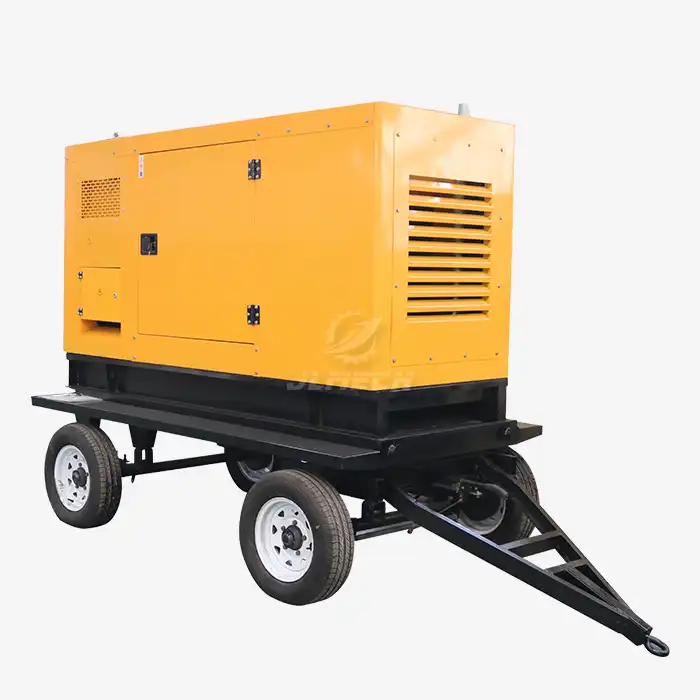 VIEW MOREEvent diesel generator
VIEW MOREEvent diesel generator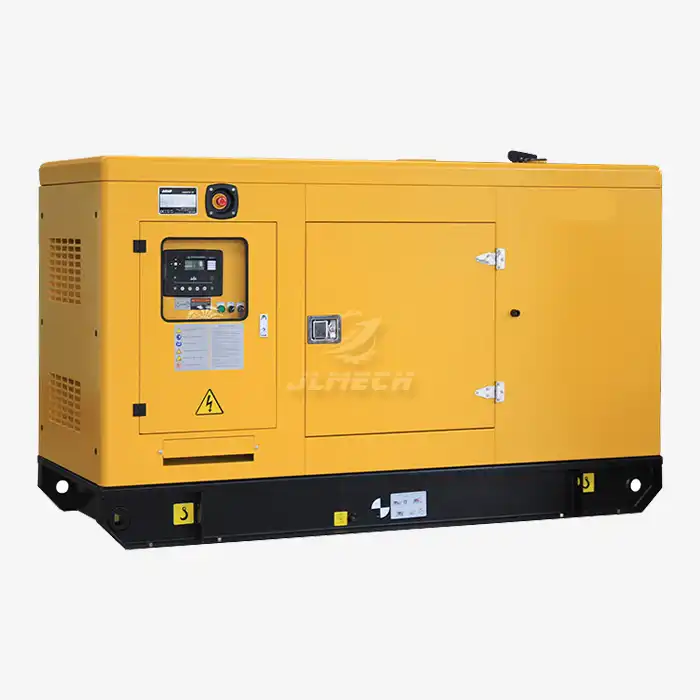 VIEW MOREQuiet diesel unit
VIEW MOREQuiet diesel unit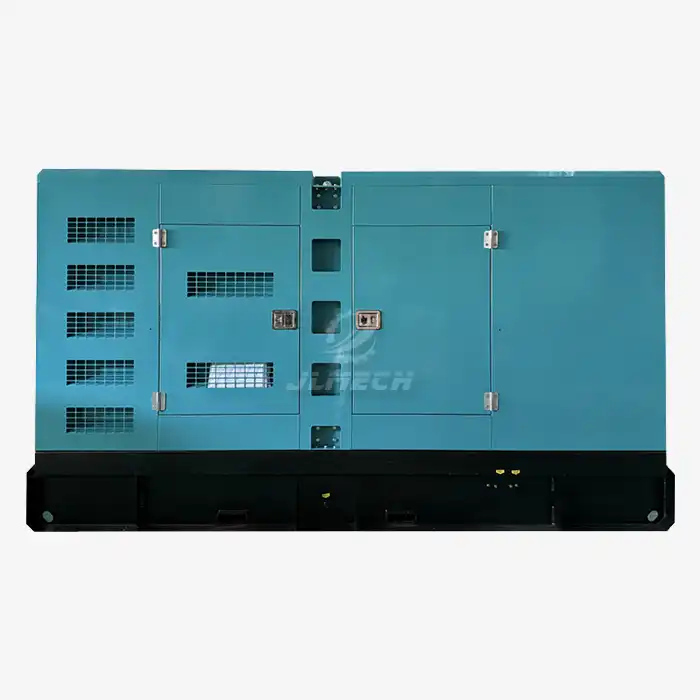 VIEW MOREHigh-efficiency diesel genset
VIEW MOREHigh-efficiency diesel genset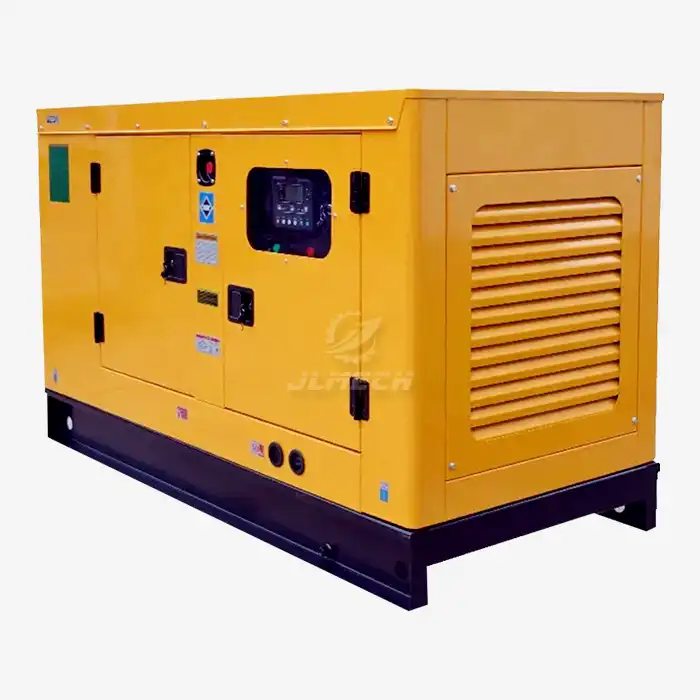 VIEW MOREWater-Cooled Silent Diesel Generator
VIEW MOREWater-Cooled Silent Diesel Generator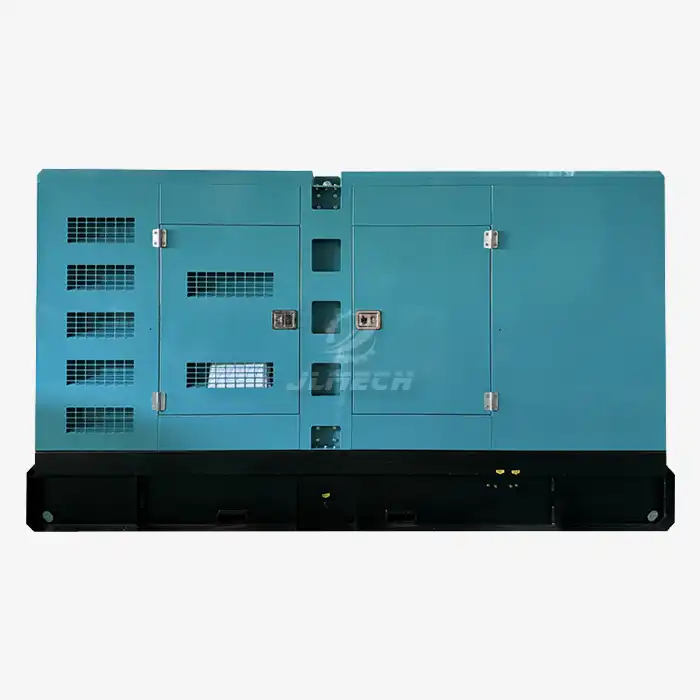 VIEW MORENew 4 Cylinders Water Cooled Diesel Generator Set
VIEW MORENew 4 Cylinders Water Cooled Diesel Generator Set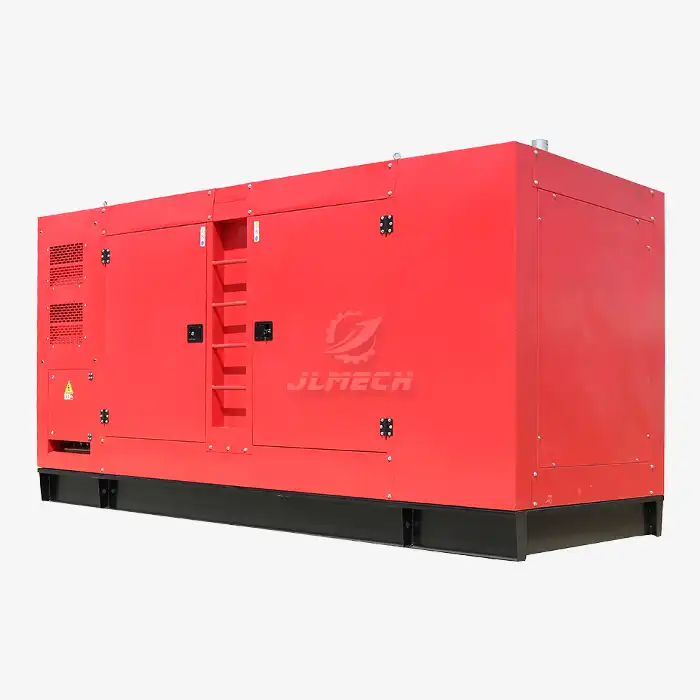 VIEW MOREFully Enclosed Generator Set
VIEW MOREFully Enclosed Generator Set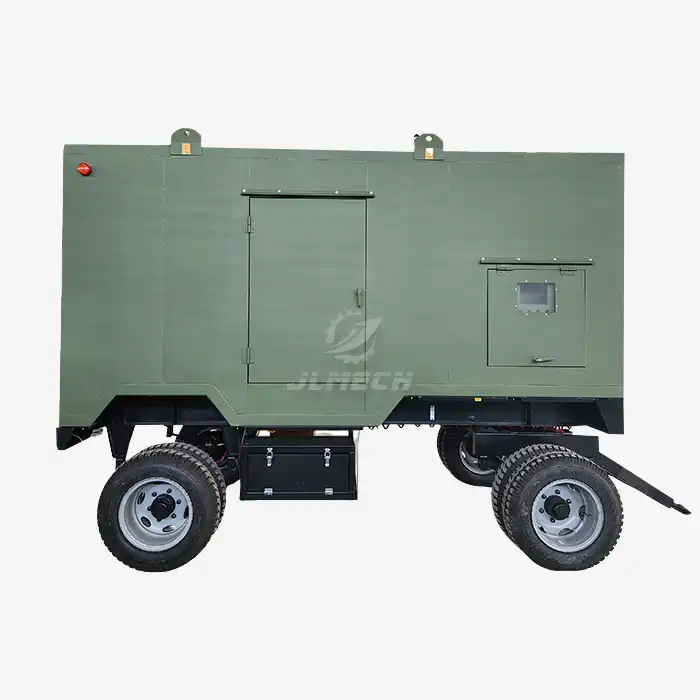 VIEW MORE60 kva diesel generator
VIEW MORE60 kva diesel generator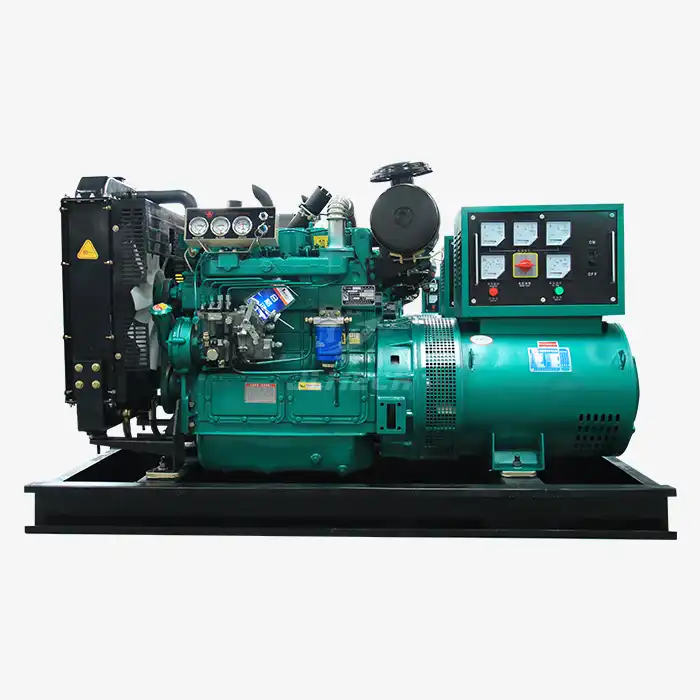 VIEW MORE25kva diesel power generator
VIEW MORE25kva diesel power generator



